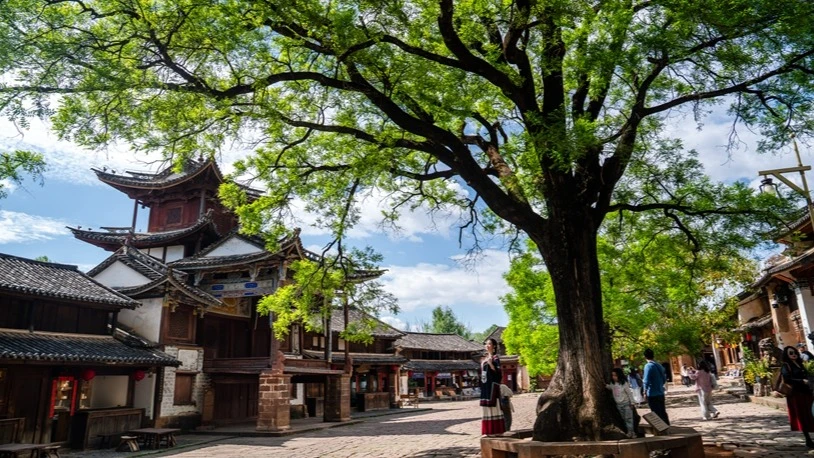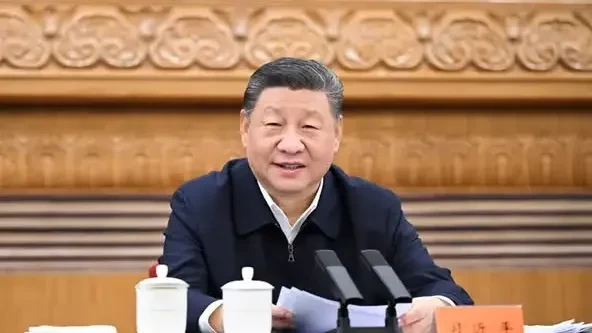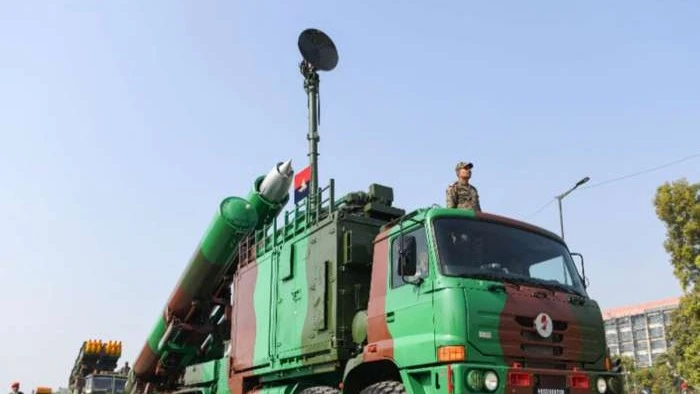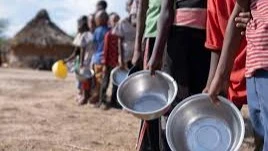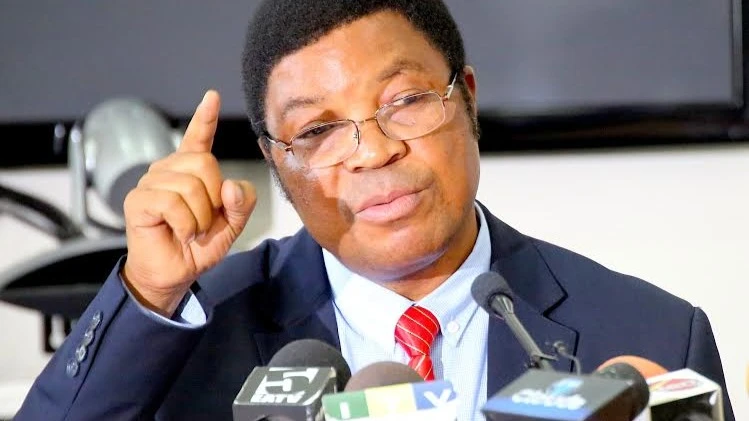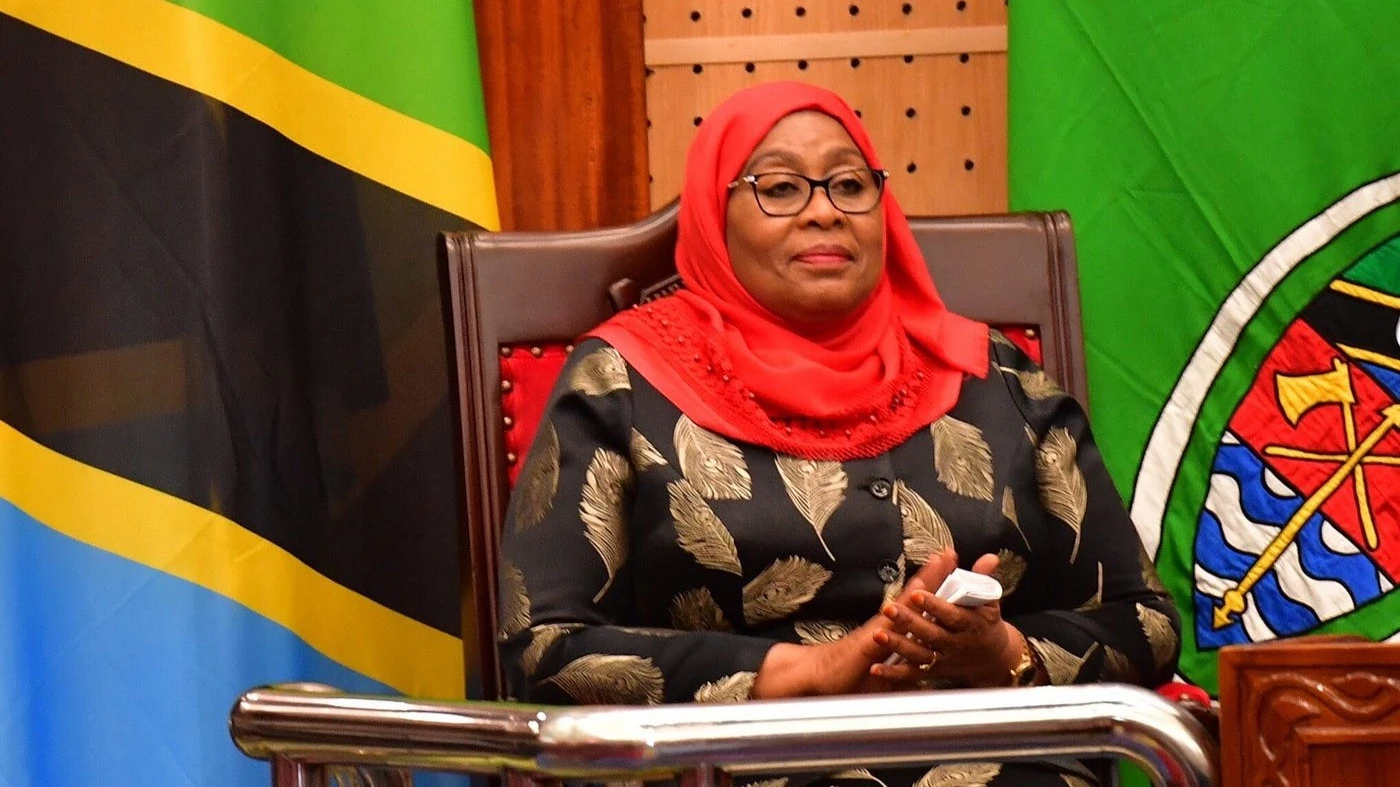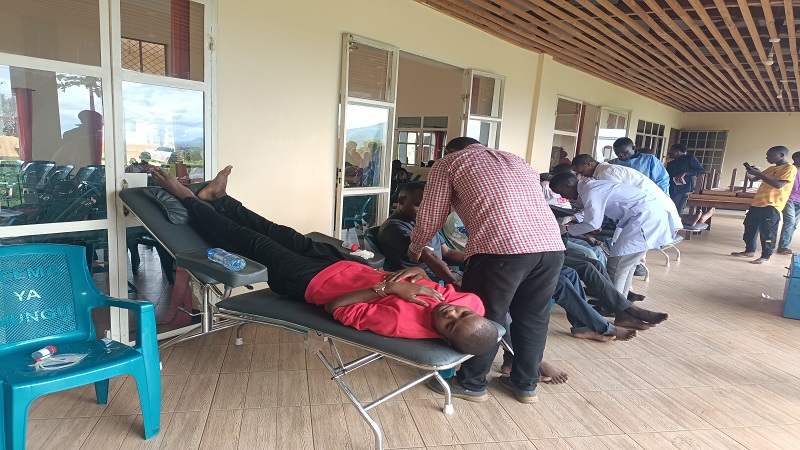Chamber lauds Samia’s agro-bank and clean energy push
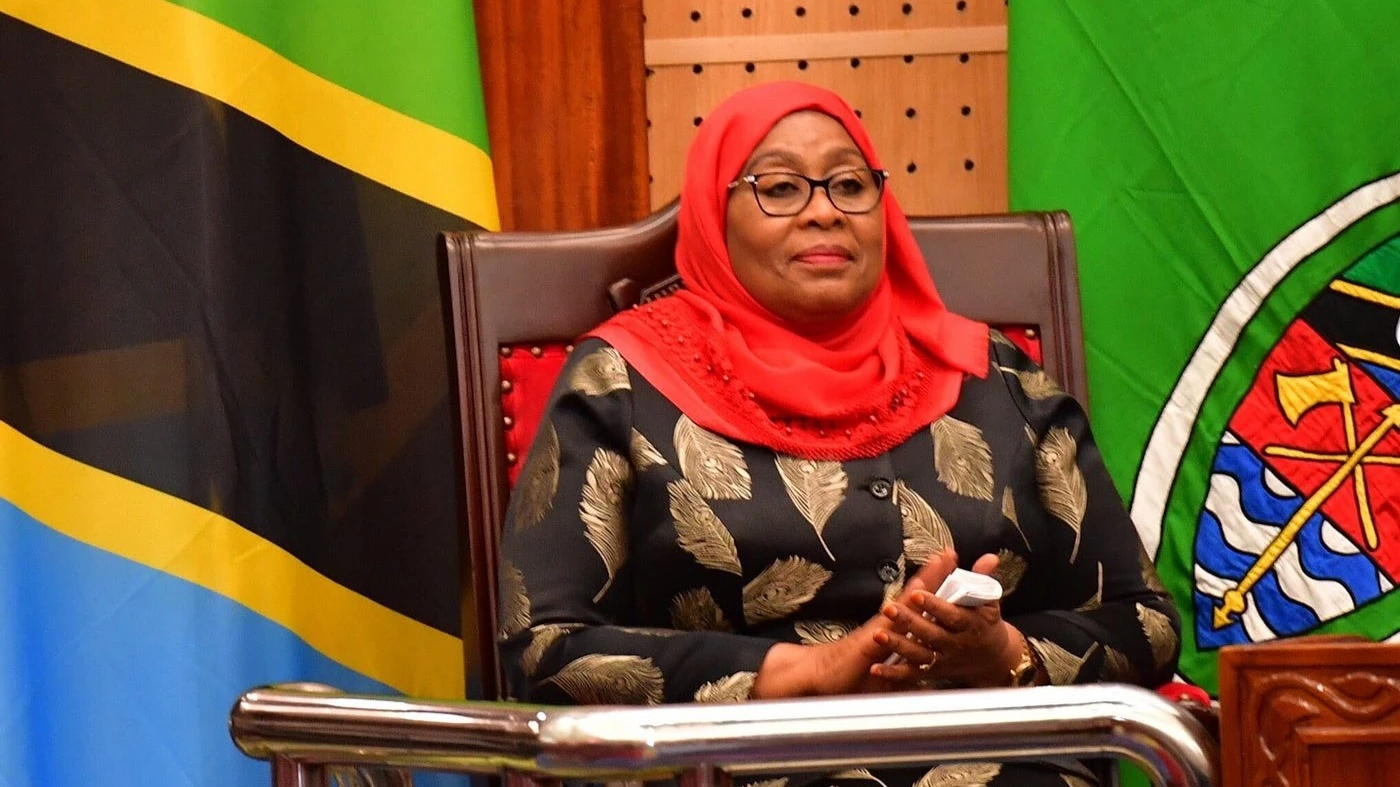
THE Tanzania Chamber of Commerce, Industry and Agriculture (TCCIA) has lauded President Samia Suluhu Hassan’s administration for the establishment of an Agriculture Development Bank, describing it as a pivotal step toward transforming Tanzania’s agricultural landscape and fostering significant clean energy investments.
The Chamber has underscored the far-reaching impact of this initiative, which will provide much-needed financial support to smallholder farmers and accelerate the country’s clean energy transition.
Oscar Kissanga TCCIA executive director made the remarks in Dar es Salaam when speaking at the just-ended meeting on energy, commending the government for addressing one of the most pressing challenges faced by the agricultural sector — limited access to financing.
Kissanga pointed out that the majority of Tanzania’s farmers are involved in subsistence farming, struggling to access credit from traditional commercial bank, which hampers their ability to invest in modern farming techniques, purchase inputs, or expand their operations.
“Our agriculture remains largely primitive because most farmers cannot access credit from commercial banks,” Kissanga said.
“The establishment of the Agriculture Development Bank will change this. It will not only ease financial burdens but also catalyze the commercialization of the sector, a crucial step toward unlocking its full potential and driving economic growth.”
He emphasized that agriculture is a vital pillar of Tanzania’s economy, providing employment to millions and playing a key role in ensuring food security and generating foreign exchange through exports. Despite its importance, the sector has struggled to evolve due to the financial constraints faced by farmers. The new bank, Kissanga believes, will offer affordable financing solutions, making it easier for farmers to access the capital they need to modernize their operations, increase productivity, and contribute more effectively to national development.
The TCCIA also pointed out the need to support the broader economic vision set out by President Samia in her leadership, which includes a strong focus on clean energy initiatives. Kissanga specifically highlighted the success of the Africa Energy Summit (AES) 2025, which was a key event for advancing Africa’s clean energy future. The summit focused on sustainable energy solutions, including solar, wind, and geothermal power, which are vital to meeting Africa’s climate goals and achieving the United Nations Sustainable Development Goals (SDGs).
“Clean energy projects are essential for achieving Africa's climate goals,” Kissanga remarked, noting that President Samia’s efforts in promoting renewable energy investments are critical not only for Tanzania’s energy security but also for fostering economic growth across the continent. He lauded the president’s leadership and her continued commitment to shifting Tanzania’s energy mix away from fossil fuels.
During her keynote address at the AES 2025, President Samia reaffirmed Tanzania’s commitment to reducing its reliance on fossil fuels, pledging to increase investment in renewable energy, particularly hydro, solar, and wind energy projects. She highlighted the crucial role of sustainable energy in powering economic development, improving livelihoods, and supporting the country’s industrialization efforts.
Moreover, President Samia underscored the government’s ambitious Mission 300 initiative, aimed at providing electricity to 300 million people across Africa by 2030. This initiative is particularly significant for Tanzania and the broader continent, as over 600 million people still lack access to reliable electricity. The success of the Mission 300 initiative would address this issue and empower millions, enabling them to participate fully in economic activities and improving their quality of life.
In addition to the agriculture and energy sectors, Kissanga praised the government's broader economic diplomacy efforts, which have been integral to enhancing Tanzania’s global competitiveness. As part of this effort, the TCCIA organized a high-level business roundtable in Dar es Salaam in February, bringing together key private sector leaders, government officials from the President’s Office for Planning and Investment, and a delegation from the Federation of Saudi Chambers. The event facilitated robust discussions on fostering trade, investment, and public-private partnerships between Tanzania and Saudi Arabia.
The roundtable culminated in the signing of a cooperation agreement between TCCIA and the Federation of Saudi Chambers, witnessed by Professor Kitila Alexander Mkumbo, Minister of State in the President’s Office for Planning and Investment. The agreement aims to strengthen Tanzania’s international partnerships, promote sustainable economic growth, and unlock opportunities for private sector development.
Kissanga concluded by emphasizing that both the establishment of the Agriculture Development Bank and the government’s commitment to clean energy investments are major milestones in Tanzania’s path to economic modernization. By addressing the financing needs of the agriculture sector and promoting sustainable energy solutions, President Samia’s administration is not only driving the nation toward economic growth but also ensuring that Tanzania remains on the cutting edge of global sustainability efforts.
Top Headlines
© 2025 IPPMEDIA.COM. ALL RIGHTS RESERVED












